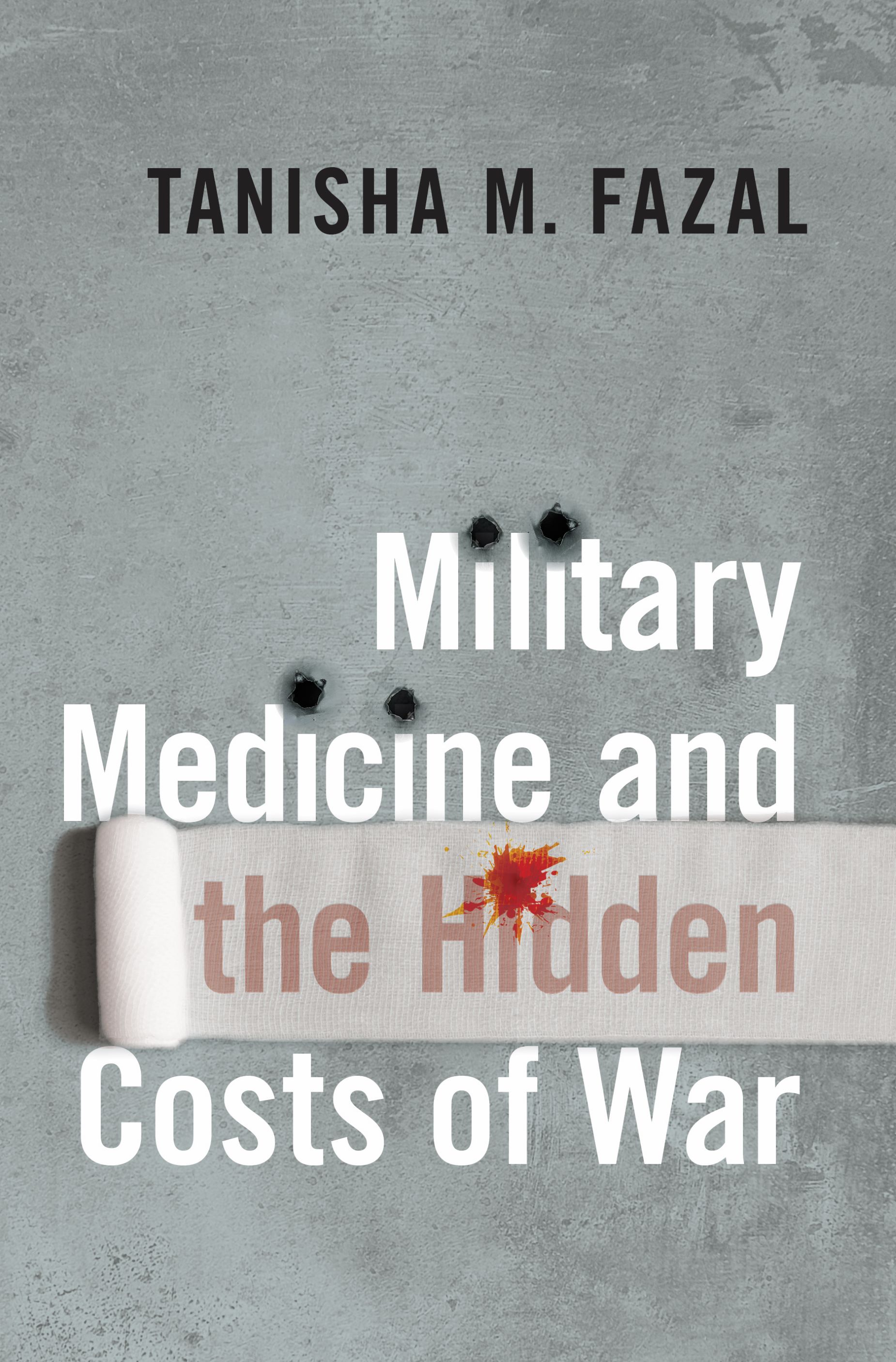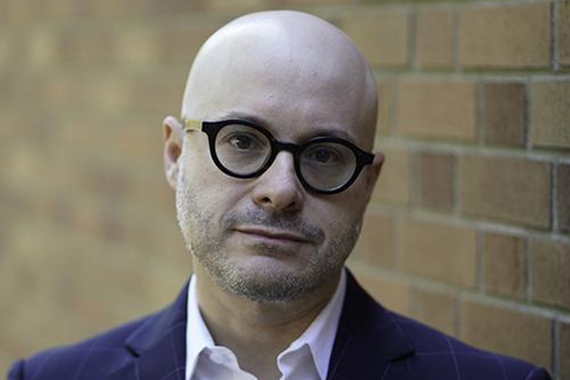Professor Tanisha Fazal's New Book: Military Medicine and the Hidden Costs of War
Professor Tanisha Fazal's latest book, Military Medicine and the Hidden Costs of War, was published on March 29, 2024, by Oxford University Press. Read the below Q&A to learn more about the book, its inspiration, and the research process.

What is your book about?
Fundamentally, the book is about how the US is systematically underestimating the costs of war. When policymakers—and the public—think about the costs of war, especially before a war begins, they tend to think about human costs almost exclusively in terms of fatalities and financial costs in terms of war materiel—for example, how much it costs to get a fighter jet in the air. But dramatic improvements in military medicine, alongside the expansion of the veterans' benefits system, have increased the long tail of the costs of war in ways we have tended not to appreciate. Consider how the ratio of those wounded to killed in war has changed over time. For centuries, for every soldier killed in battle, three survived with wounds. In the US' recent wars in Afghanistan and Iraq, however, the wounded-to-killed ratio was closer to 10:1. So, as a percentage of those deployed, many more people were coming home from war having survived injuries they would not have survived in previous conflicts. They bear the costs of war upon their bodies, and their families also bear those costs in caring for their loved ones. The government also bears significant costs due to veterans' benefits.
I'm not arguing that US policymakers should roll back the medicine nor the veterans' benefits. I am arguing that US policymakers failed to consider these longer-term costs of war—which constitute the bulk of the remaining large bills for the Afghanistan and Iraq wars—when deciding whether to go to war. Insofar as we think about the decision to go to war as a cost-benefit calculation, we've been getting the costs wrong for quite some time.
What inspired this research?
In the early 2010s, there was a series of major books arguing that war was in decline. These books made a real splash and the idea that war was in decline became popularized. The empirical basis for the claim that war was in decline was that there was a decline in battle deaths. But over the same period of time that battle deaths declined, military medicine improved significantly. So, casualties were being moved from the "fatal" to "nonfatal" column. In other words, war had become less fatal, but that doesn't mean it's become less frequent.
I wrote a response to the argument that war was in decline that discussed various medical improvements. But one point that stayed with me—and was the inspiration for this book—was that one of the unintended consequences of improvements in military medicine is that they increase the long tail of the costs of war. This book delves into that dynamic, and finds that US policymakers rarely take these costs into account when making the decision to deploy troops abroad.
What was your research process?
I had to learn a lot of medicine! For the more historical cases, I conducted significant primary source research, including thumbing through the six-volume official medical history of the Civil War and visiting archives where papers of various military doctors are held. For the more modern cases, I spoke with current military medical personnel. I participated in a military medical "wargame" at Air University in Montgomery, AL in 2017.
Additionally, I attended several military medical conferences where, I must admit, the exhibition floors are much more interesting than political science conferences. I was able to climb through up-armored ambulances, try on prototype helmets meant to protect against traumatic brain injury, and event conduct (pretend) surgery using augmented reality glasses.
What made this research possible?
I am extremely grateful to have received funding from multiple sources for this book. In addition to support from the College of Liberal Arts, I received grants and fellowships from the Harry Frank Guggenheim Foundation and the Carnegie Council for International Ethics. I was exceptionally honored to be named an Andrew Carnegie Fellow in 2021. Support from the Carnegie Fellowship gave me the time and space I needed to complete the book.
What's next for you?
Most of my research has focused on questions of change in the international system. My first two books look at changes in international norms around sovereignty and international humanitarianism. This book focuses on a more technological change in military medicine. I'm continuing the focus on technology by turning next to climate change, which I see as the existential crisis of our time. In addition to researching and teaching on climate change, I'm (hopefully!) building to a longer-term project that reflects on change in the international system.

